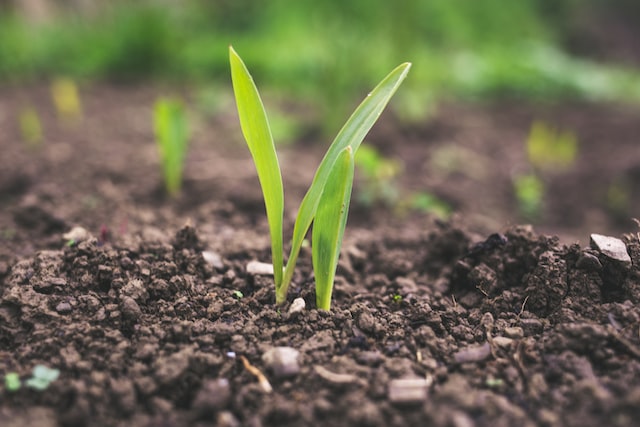
Healthy soil has always been the key to good growth. Whether it is your lush lawns or massive farmlands, healthy soil is all about proper nutritional holding, stability, structure and texture. If you are a farming enthusiast or do it for a living, cover crops can help you improve soil quality and make it perfect for a good plantation.
In addition to healthier soil, cover crops might also result in higher yields and an increase in soil organic matter. Here are the top 10 reasons why you need to buy cover crop seeds today.
Nematode Control
Crop-damaging nematodes and pests can upset the quality and health of your soil and might lead to poor growth. However, certain cover crops like mustard and radish can control the growth by exuding natural biochemicals. This suppresses nematodes from laying eggs and induces the already-laid eggs to hatch prematurely. This causes them to starve and reduces their reproduction in the soil. Cover crops also encourage biofumigation, where the crops release high levels of glucosinolates into the soil, killing all soil-borne pests.
Water Management
Cover crops can also improve water infiltration. When the soil surface comes under direct contact with sunlight, the surface seals and cuts off the water. Cover crops keep the soil surface safe, reduce the chances of sealing and improve drainage of wet soils. Moreover, cover crops also release organic matter that allows other plantations to retain their ability to hold moisture.
Nitrogen Contribution
Cover crops like daikon radish, winter peas, crimson clover and hairy vetch are certain crops that can absorb the excess nitrogen in the soil. Legumes tend to have a high nitrogen content. Non-legumes like the ones stated above can absorb abundantly-present nitrogen, phosphorus and potassium. Organisms like earthworms and microbes start thriving when fresh plants start decomposing.
Weed Suppression
You don’t always need to use fertilizers or chemically-jaded weed killers to eliminate weeds. Cover crops like buckwheat, cereal rye and phacelia come with allelopathic qualities that help in reducing weed growth. In simpler terms, allelopathy is when a specific plant positively or negatively affects another plant, like weeds, through leaching.
Forage Enhancement
Cover crops can be a great way to feed organisms living under the soil, like earthworms. However, they can equally benefit and feed animals above the ground too. Plant crops like cereal rye, daikon radish, winter peas, annual ryegrass and hairy vetch to improve soil health and feed your livestock.
Quick Growth
In most cases, cover crops are planted during the end of the growing season. It’s because these crops establish quickly in the soil and accumulate enough biomass to improve the growth of other crops. Simply put, crops like annual ryegrass, daikon radish and crimson clover encourage higher yields.
Beneficial Insectary
Certain insects like ground beetles, ladybugs and pollinators prey on harmful insects that destroy soil quality. Cover crops like berseem clover, mustard and nematode control radish attract beneficial insects to prey on soil-destroying pests.
Erosion Control
Erosion control is perhaps the most important benefit of cover crops. The crops hold the soil together to extract moisture from rainfall or irrigation and prevent land degradation caused due to wind or water erosion.
Compaction Management
Compaction refers to the soil being loosely-grained, dense and low porous. Cover crops like winter peas, annual ryegrass, crimson clover and balansa clover have a fibrous/tap, deep root system that breaks up the dense soil and hardness through its root channels.
Nutrient Recycling
Nutrients from cash crops at usually likely to be washed away from soil strata, especially if they are present below the reach of other plantations. Some cover crops, however, prevent such nutrients from being lost. They allow the nutrients to be released into the soil for the next plantation.
Summing Up
Cover crops can be a great way to encourage healthy soil, proper yielding and rich green plantations. However, the choice for such crops differ. To select the right crop, you must research and find the right crop well suited for your needs. Regardless, daikon radish, winter peas, crimson clover and annual ryegrass are some common types of cover crops.





